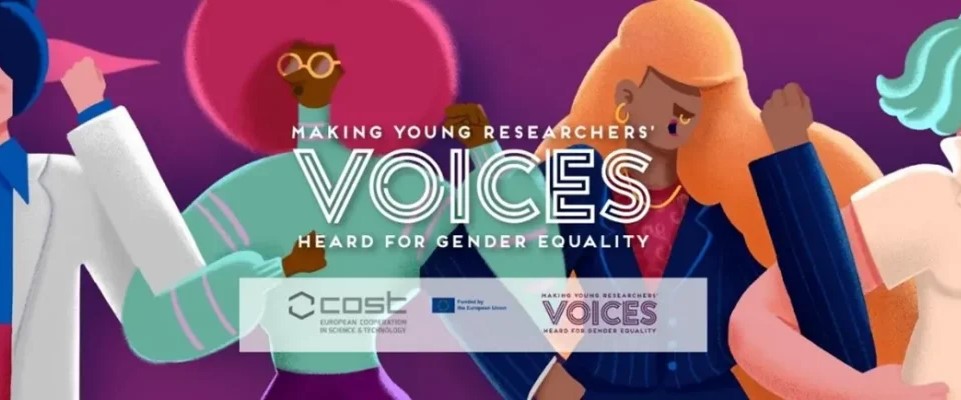In the European higher education landscape, Early Career Researchers (ECRs) often face systemic exclusion from university decision-making bodies at the department, faculty, and senate levels (Xue et al., 2022). Despite the increasing recognition of diversity and inclusion in academia, institutional structures continue to marginalize ECRs, limiting their ability to influence governance (Taylor & Keeter, 2010). This paper examines the extent to which ECRs participate in decision-making processes and explores gender promotion policies within German universities, with a specific focus on a university in North Rhine-Westphalia.
Using a qualitative research approach, the study employs thematic content analysis to analyze institutional websites, policy documents, and governmental publications. This methodological framework allows for a nuanced examination of legal frameworks, policies, and practices that shape ECR representation in decision-making structures. Initial findings highlight a significant lack of ECR representation, particularly among PhD candidates and postdoctoral researchers. However, the implementation of federally mandated Gender Equality Plans has begun to challenge exclusionary practices, creating pathways for more equitable governance structures.
This paper integrates stakeholder theory (Freeman, 1984) to critically examine power relations in academia. It highlights how ECRs' precarious working conditions, hierarchical faculty interactions, and intersectional identities shape their roles as institutional stakeholders, often without corresponding recognition in governance structures. The findings underscore the need for universities to acknowledge ECRs as key stakeholders by addressing systemic barriers, fostering inclusive decision-making processes, and institutionalizing transparent participation mechanisms (de Sousa Santos, 2016; Marginson, 2016). In doing so, higher education institutions can strengthen their legitimacy and cultivate a governance culture that reflects the diverse contributions of all academic actors.
Keywords: governance, early career researchers (ECRs), decision-making, higher education and research institutions (HERIs)

 PDF version
PDF version
